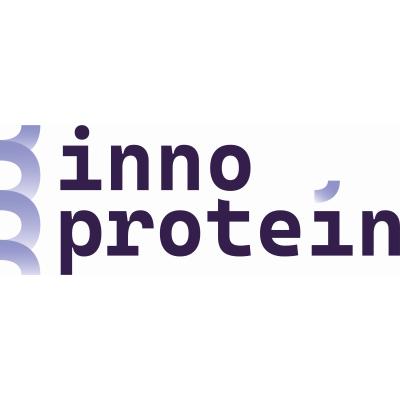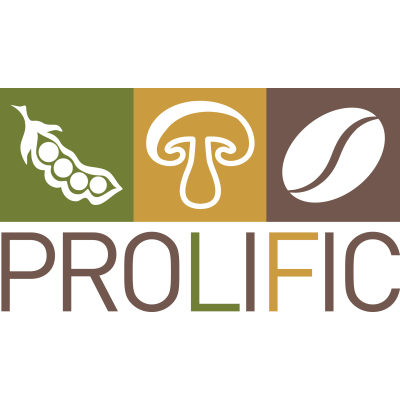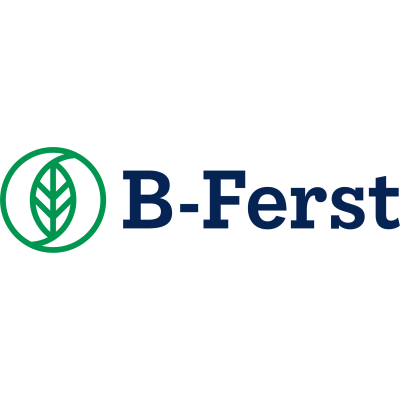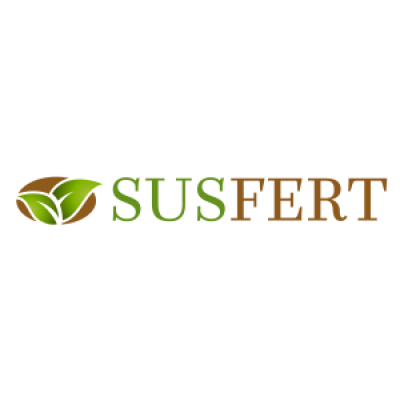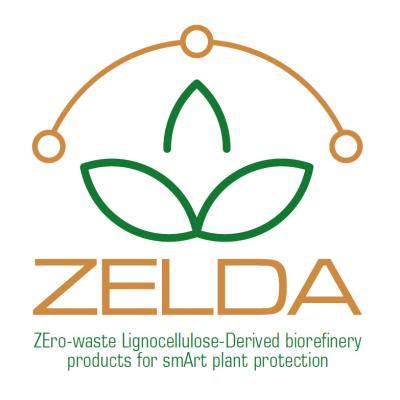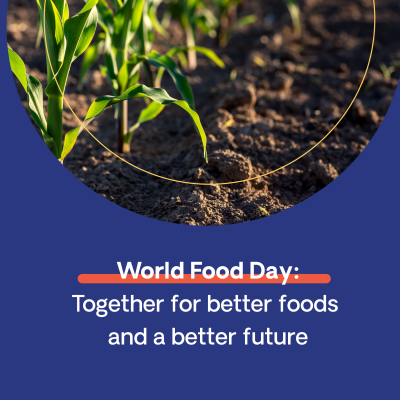
The 2025 World Food Day theme ‘Hand in hand for better foods and a better future’ calls for global collaboration to build food systems that are healthier, fairer and more sustainable.
CBE JU reflects this vision by funding innovative projects across Europe that are reshaping the management of food and agricultural resources. Sustainable proteins, bio-based nutrients for farming and the valorisation of food waste all contribute to more resilient food systems.
Alternative proteins for a resilient food supply
The growing demand for protein is one of the challenges of today’s food systems. CBE JU projects are showing that overlooked biological resources can become nutritious protein sources.
The GreenProtein project demonstrated that residues from vegetable processing can be converted into food-grade RuBisCO protein. The ZEST project uses fungal fermentation to convert agricultural side streams into protein-rich food, feed and other bio-based ingredients. InnoProtein is advancing the use of microalgae, fungi, bacteria and insects as alternative protein sources within a zero-waste framework.
At industrial level, the PLENITUDE project scaled up aerobic microbial fermentation by integrating it with a conventional biorefinery and enabling the efficient and sustainable production of food-grade proteins and zero waste. Also, the PROLIFIC project is valorising agro-industrial residues from legumes, fungi and coffee to extract high-value proteins, fibres and bioactive compounds using sustainable processing technologies. These recovered ingredients will be then used to develop innovative food, feed, packaging and cosmetic products.
Plenitude is a first of its kind CBE JU flagship facility in Zeeland, Netherlands producing mycoprotein. Working with a fantastic consortium across the supply chain ENOUGH has established a sustainable protein manufacturing facility highlighting the circular bioeconomy.
Craig Johnston Co-founder and CTO of ENOUGH
These projects underline the potential of the circular bioeconomy to diversify protein supplies, create local supply chains, strengthen European independence and reduce the environmental footprint of diets.
Bio-based inputs for sustainable farming
Fertilisers and pesticides based on fossil or mineral resources not only place pressure on the environment, but also increase Europe’s dependency on external suppliers. CBE JU is supporting novel projects to bring new options rooted in bio-based innovation which also foster Europe’s strategic autonomy.
The B-FERST project produced innovative fertilisers from nutrients recovered from agricultural and industrial waste streams, integrating them with precision farming techniques to improve soil health and resource efficiency. SUSFERT developed fertilisers made from renewable and recycled materials, reducing the need for imported phosphate and supporting soil fertility.
In the field of crop protection, BIOBESTicide produced a biological solution for grapevine trunk diseases that avoids chemical treatments. The ZELDA project is designing bio-based crop protection products from lignocellulosic biomass with the aim of providing safe and effective alternatives to conventional pesticides.
Together these initiatives strengthen Europe’s farming systems and support the transition to more sustainable agricultural practices.
Circular use of food and agricultural residues
Farming and food processing generate large volumes of organic residues every year. CBE JU-funded projects show how these streams can become resources for new bio-based value chains.
The AgriMax project built demonstration plants in Spain and Italy that transform crop and food residues into food ingredients, fertilisers, packaging and plastics. MixMatters focuses on the challenge of mixed agri-food waste and develops technologies that separate and convert these complex streams into bio-based products for the cosmetic, chemical and food industry. The CIRCLE project is adapting existing biogas industrial plants so they can produce higher-value chemicals from food-waste streams.
CIRCLE marks a major milestone for the European bioeconomy, demonstrating for the first time at industrial scale, that unavoidable food waste can be transformed into lactic acid and PLA, two key building blocks of the bio-based economy. By retrofitting an existing anaerobic digestion facility, we showcase how Europe’s waste infrastructure can evolve into high-value biorefineries, delivering a significantly improved carbon footprint. With end products serving high-demand sectors such as packaging, automotive, cosmetics and cleaning, CIRCLE bridges sustainability with large-scale industrial relevance.
Amir Oranim, Co-Founder and COO of TripleW
These examples prove that residues once considered waste can provide new products, reduce emissions and create opportunities for local economies.
Hand in hand for a better future
From alternative proteins to new farming inputs and circular biorefineries, CBE JU projects demonstrate the contribution of the bioeconomy to sustainable and resilient food systems. Innovation, scale-up and collaboration create solutions that use resources efficiently, reduce losses and deliver benefits to citizens and the environment.
On this World Food Day, CBE JU celebrates the work of the bio-based sector and reaffirms its role as a platform where farmers, researchers and businesses come together. The goal is clear: better foods and a better future, hand in hand.


